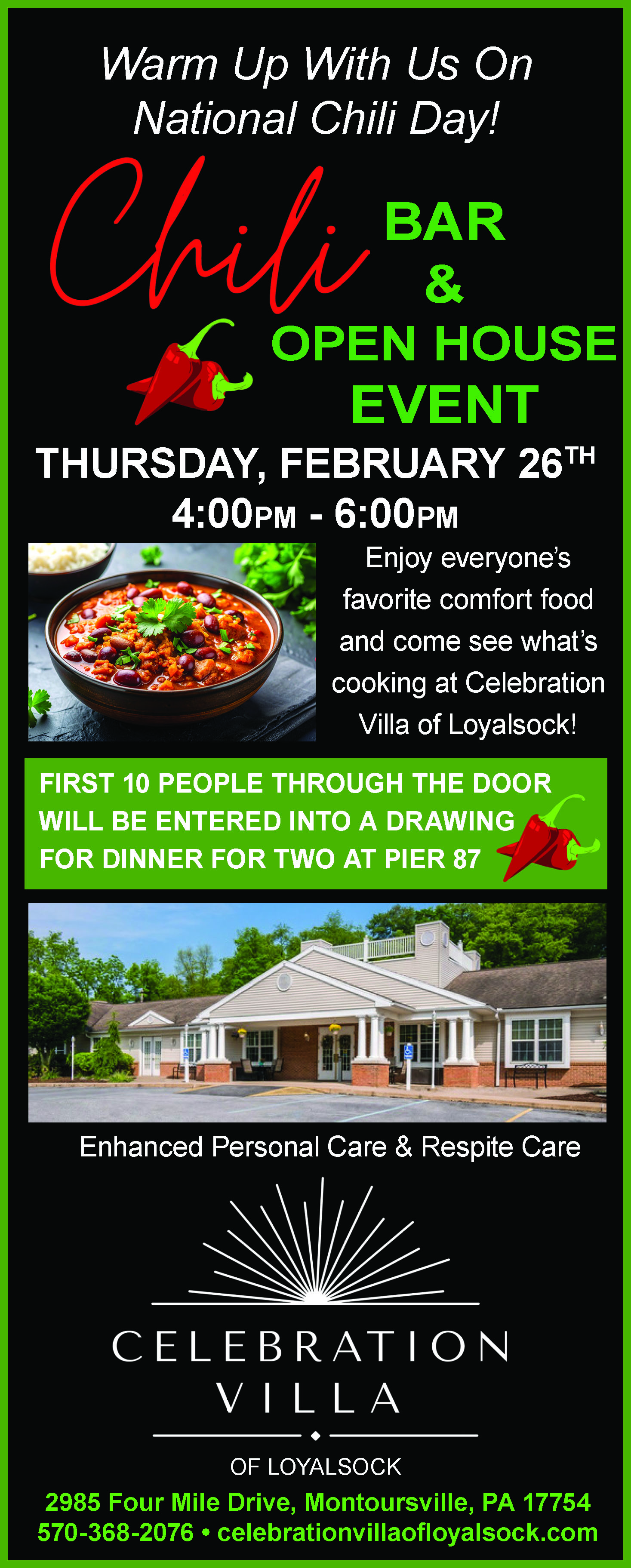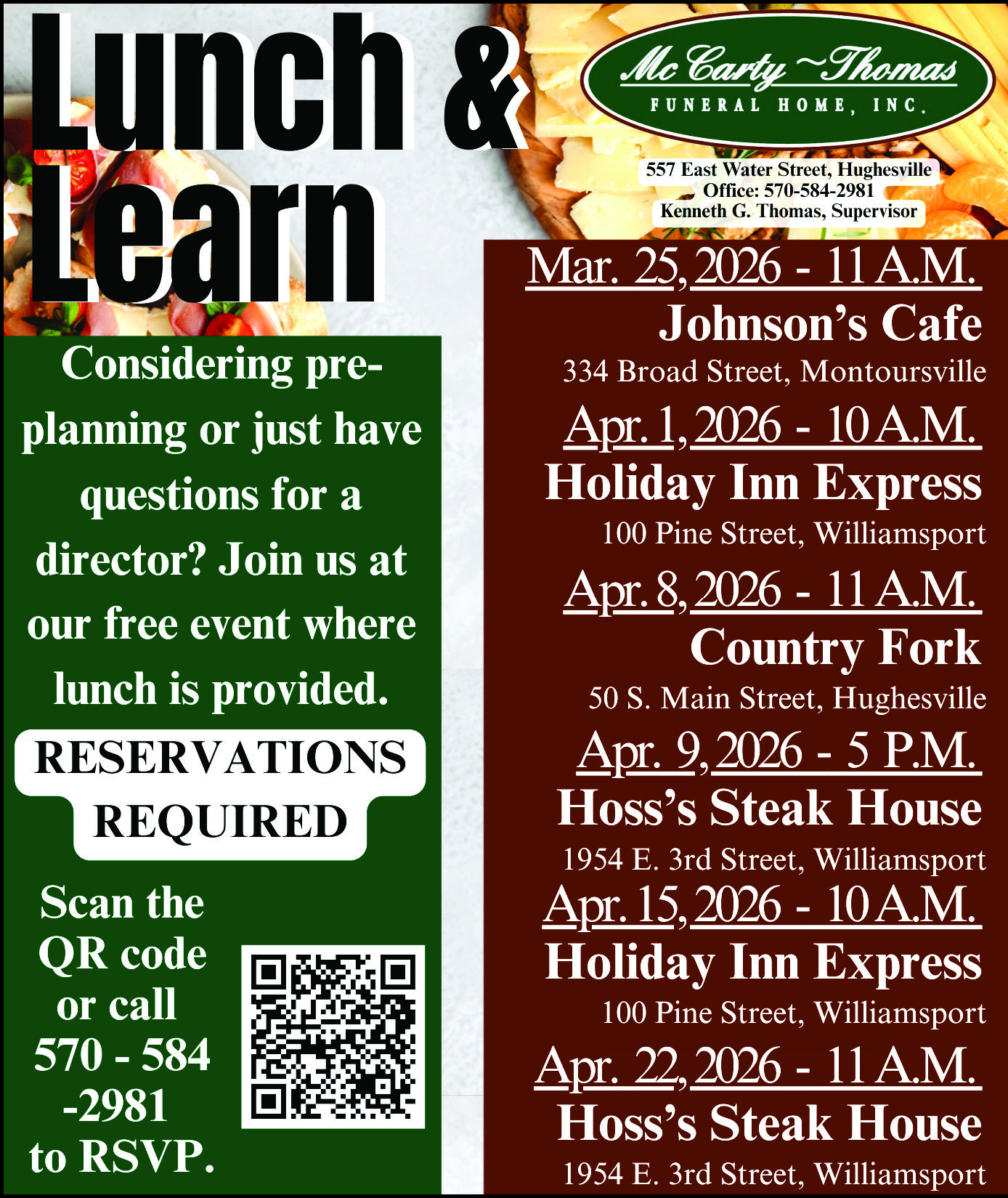There is a folklore tale that the origin of the “Rule of Thumb” dates back to Sir Francis Buller, an eighteenth-century British judge who determined that a man may beat his wife with a stick no wider than his thumb. There is no record that he made such a statement, but even if it is just an urban legend, the truth of the matter is that the standards of behavior in the home are much looser than what is accepted in general society.
It can take many forms. It may be controlling behavior where the spouse or significant other is forbidden outside contacts, even with family and friends. It may involve total control over finances or even repetitive text messages with constant demands. And inevitably, there would be threats of various sorts and even physical harm.
When these actions cross a line and become abusive, it breaks the law. This is why thirty years ago, the U.S. Congress passed Public Law 101-112, designating October as National Domestic Violence Awareness Month, and has continued this practice every year since 1988. At the Lycoming County Commissioners Meeting on Thursday, October 3rd, a proclamation was passed declaring Domestic Violence Awareness Month for the county. It recognized that one in three women and one in four men in the United States have experienced some form of physical violence by an intimate partner. It also asserted that identifying risk factors in a loved one can help prevent domestic violence before it occurs. Further, the proclamation affirmed that strong community support for victims of domestic violence can also greatly assist in the healing process.
Making a proclamation can be just for show because, as the saying goes, talk is cheap. However, Lycoming County puts its money where its mouth is. It has taken years to develop, but today the county has an extremely well-coordinated community support system related to domestic violence. This network coordinates and connects together law enforcement, legal services, the probation department, the prison system, drug and alcohol services, children and youth services, the district attorney’s office, pro-bono lawyers, and others.
The point person in this diverse matrix is Lycoming County Common Pleas Judge Joy Reynolds McCoy. Judge McCoy oversees the Family Court, which is where the domestic violence cases are heard. This area has been a passion of hers for many years because before becoming judge, she was a practicing attorney and saw first hand the impact of domestic violence.
Judge McCoy devotes three mornings a week of court time specifically to issue Protection from Abuse orders (PFAs). When Judge McCoy first came on the bench ten years ago, she issued approximately 200 of these a year. Now it is closer to 400 per year. And unfortunately, 2019 is on its way to becoming a banner year for abuse, with already 339 PFAs issued as of the end of September.
Though it is true that PFAs are sometimes used as leverage in child custody battles, the opposite side of the coin is that in many, many cases, a person is habitually abused before they seek legal help. There have been three domestic violence homicides in the recent past, bringing up the number to nineteen in the past two decades, and there is a good chance there have been other homicides that were not recognized as domestic. In other words, people are habitually getting killed because of violence in the home.
The coordination of agencies listed above is extremely important, and representatives from each meet together monthly as the Lycoming County Domestic Violence Task Force. The old adage that the right-hand does not know what the left foot is doing is dangerous when it comes to domestic violence. The Task Force continually examines all the process steps and interactions between agencies to ensure that it is as seamless as possible. When a case arises, and a PFA is issued, the sheriff’s office is diligent in serving it, and other services as Children and Youth and Drug and Alcohol agencies are alerted, etc. Though it is not a perfect system, there is a commitment in Lycoming County to make this process work as best as possible to protect the victims and deliver justice to offenders.
If you or someone you know finds himself or herself in an abusive relationship, the place to begin is to call the YWCA Wise Options Crisis Hotline at 1-800-326-8483. All calls are free and confidential. Some lawyers commit to pro-bono work who are willing to assist for those with limited resources. Don’t wait until something tragic happens before seeking help.
Larry Stout welcomes your comments or input. He can be reached by email at lionwebbweekly@gmail.com.




Leave a Comment
Your email address will not be published. Required fields are marked with *